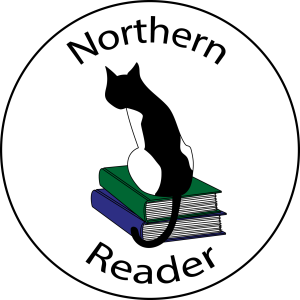A Court of Betrayal by Anne O’Brien – a wonderful historical novel of a determined woman

A Court of Betrayal by Anne O’Brien
This is a very enjoyable, readable novel of historical characters written in the voice of a strong and determined woman. It is based in a lesser known period of British history; the early 1300s, so pre Tudors, and the usual time for historical fiction. It is the story of Johane de Geneville and her marriage to Roger Mortimer at the age of fifteen, which goes on to span betrayal of different types, both political and personal. It is a period that I knew very little about before reading this novel, and I am happy to say that it is so well written that I was able to follow the major upheavals of the reign of Edward II and the aftermath. On one level it is the story of a woman married early to an ambitious young man whom she has never met, and what happens to her and her family as time goes on. On another level it is the story of Roger through her eyes, and how his ambition and actions have an effect on a country as well as their marriage. There is great love and great hurt, great success and great threat. Johanne emerges as a woman who from the beginning shows her enormous strength and quick wits, and her genuine emotional intelligence in understanding those around her. She has many children, takes strength from an older woman, and has to develop survival skills that help in unexpected circumstances. There are genuinely touching moments in this book with its account of difficult relationships, as well as an understanding of the political realities of the time. I found this an excellent read which kept me engaged from beginning to end; an historical novel that is firmly and convincingly set in a turbulent time with a substantial amount of research that never slows the narrative.
The book begins with a Prologue in which Johane is informed that a marriage has been arranged for her with the young Roger Mortimer, the heir of one of the English Marcher lords. She has substantial lands and estate, but in order to satisfy the dynastic demands of both families the inheritance must be kept intact, so her two younger sisters are condemned to a convent. Johanne is very young, and she is naturally apprehensive of marriage, but as the book begins she discovers that in Roger she has met her match, fiercely ambitious but also potentially quietly affectionate. It was no easy position to maintain the peace on the Welsh border for Roger and his immediate family, and Johanne soon discovers that she has married a very able man whose determination to hold his position and estate, as well as his love of jousting, means that he is frequently absent, and she is left to worry if he will return. The political situation is not made easy by the vacillations of King Edward and his favourites, especially when he is strongly influenced to meet their demands for power and land. Johanne is not only left to manage huge estates on a daily basis, but also witness at a distance the building up of a crisis that imperils not only her husband, but all those she loves. Yet there is still betrayal to come.
This is a book that I thoroughly recommend if you enjoy straightforward historical fiction without time slips or other distractions. The characters, especially Johane herself, jump off the page and are consistent throughout the book. There is much to enjoy in terms of descriptions of clothes, jewels and tapestries that make the settings of the various castles and great houses seem so real and add enormous depth to the story; these are real places populated and entire even if now in ruins. This is a terrific story with real depth, and I am so pleased to have read it.


